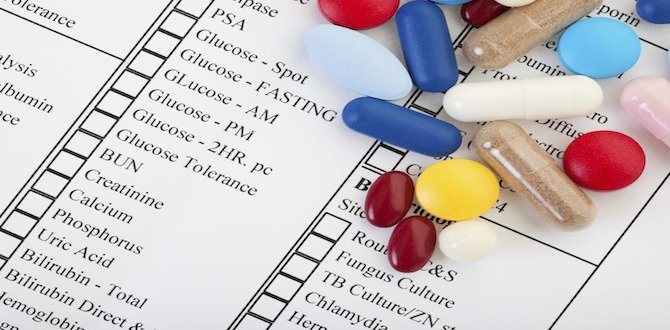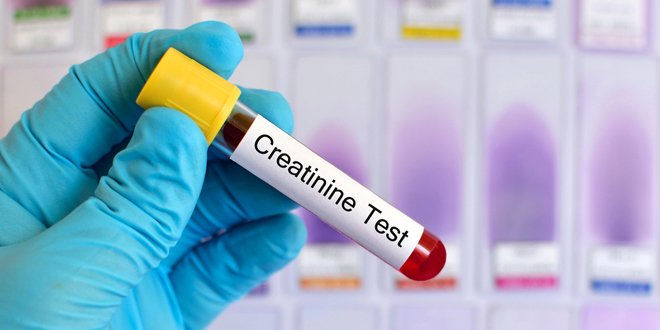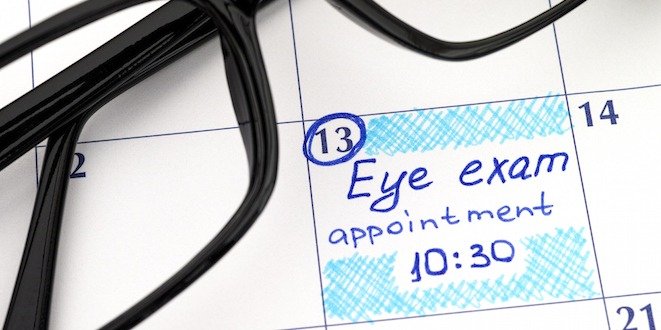
Many people with diabetes, in addition to taking medications for their diabetes, also take prescription medications for their other health problems such as hypertension, high cholesterol or hypothyroidism. They may be asked to have blood tests done either periodically or at a regular interval.
The following is a discussion on some common blood tests for people with diabetes and the reasons for doing them.
To assess blood glucose control or screen for diabetes complications
- A1C (haemoglobin A1C) to assess blood glucose (sugar) control by measuring the level of glucose in the blood for the past 2-3 months.
- Urine albumin-to-creatinine ratio (uACR) to detect protein in urine as a screening test for kidney disease. This urine test can be any time of the day without preparation.
To assess kidney function so the right dose of medications can be prescribed
- Serum creatinine (blood test) can be done at any time of the day without preparation.
To assess liver functions to monitor the side effects of medications on this organ
- alanine aminotransferase (ALT)
- aspartate aminotransferase (AST)
- alkaline phosphatase
These tests are commonly ordered for people that are taking cholesterol-lowering medications (statins) or some diabetes medications. Tests may be ordered at the time of starting the medication and repeated after a month to monitor change.
Liver function tests can be done at any time of the day without preparation.
To assess the effect of cholesterol lowering medication
- A ‘lipid panel’, a blood test that measures the levels of the different types of fat, including Total Cholesterol, High Density Lipoprotein (HDL), Low Density Lipoprotein (LDL), Triglyceride (TG).
- Previously it was always recommended that the test was done after fasting for 12 hours, however, recent studies and updated guidelines suggest that non-fasting lipid panels are sufficient for routine cardiovascular risk assessment in many individuals. However, fasting may still be necessary for specific situations, such as when monitoring the effects of lipid-lowering medication.
To detect abnormalities in people with low energy levels
Diabetes can cause fatigue, therefore the following may be ordered to check for any other causes for low energy.
- Blood tests to rule out anemia that include: hemoglobin, hematocrit, vitamin B12 level and other related tests.
- Thyroid function test to rule out hypothyroidism or an inadequate dose of thyroid supplement: Thyroid Stimulation Hormone (TSH), T4.
- Blood tests can be done at any time of day without preparation.
To assess side effects of blood pressure lowering medications
- Electrolytes such as potassium and sodium are frequently monitored in people taking these medications especially in those with kidney disease and during acute illness.
- Potassium (K+): this test is done when starting ACE or ARB medication and repeated at regular intervals to monitor any change. The frequency of monitoring will vary depending on the need of the individual.
- Sodium (Na+): in people taking diuretics (‘water pills’) and with symptoms of orthostatic hypotension (feeling dizzy/lightheaded when you stand up quickly).
- The blood test can be done any time of the day without preparation.
If you are asked to have blood tests done, it is important to understand why they are ordered, what the results are and the follow up plan if they are out of target. Partnering with your diabetes care team and doctor will ensure you get the care required.


